It was the House of Orange in The Netherlands that set the trend. The House of Windsor continues to defy it.
The announced abdication of Spain’s King Juan Carlos would appear to confirm a pattern among the crowned heads of Europe. In less than 18 months, two kings and one queen have given up their jobs for life.
The run of abdications even struck where least expected, in the Vatican, when Germany’s Pope Benedict, aka Joseph Ratzinger, did something unheard of in many centuries. He surrendered the Roman Catholic papacy while still alive.
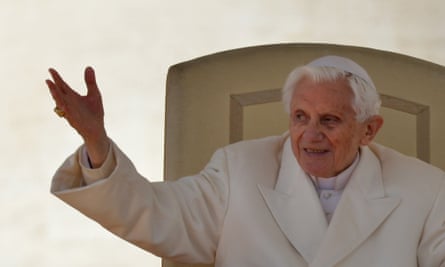
If abdication is becoming a pattern, the reasons given for it vary.
Queen Beatrix of the Netherlands was the first of the recent abdications, using the 200th anniversary of the current Dutch crown in January last year to pass it on to her son, Willem-Alexander.
She was 75. The straightforward reason was the willingness to let the youngsters take their turn.
A few months later Belgium’s Albert II, then 78, also threw in the royal towel, following a string of scandals and controversies, and enabling his son Philippe to take over.
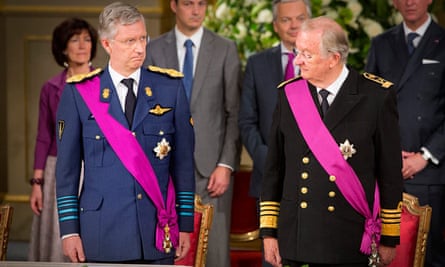
Juan Carlos, 76, makes it a hat-trick of European royals who have opted to give up – all of them well past the "normal" retirement age. The reason for giving up short of 40 years on the throne appears to be poor health.
Opinion polls in Sweden show that the public wishes Carl-Gustaf would do likewise and make way for his popular daughter, Crown Princess Victoria.
There is a long history of abdication in the Netherlands. Beatrix’s mother and grandmother also gave up their crowns. But generally in Europe, abdication has been a rare event, although that is now shifting.
In royalty as in so much else in Europe, the British seem to be a breed apart, with Elizabeth II turning 90 in two years time and showing little inclination to make way for her 65-year-old heir.
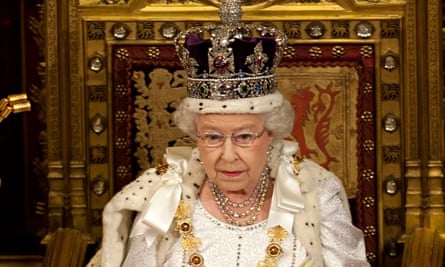
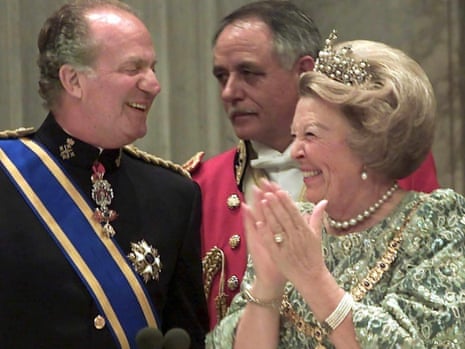




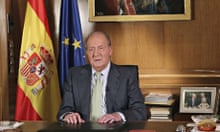


Comments (…)
Sign in or create your Guardian account to join the discussion